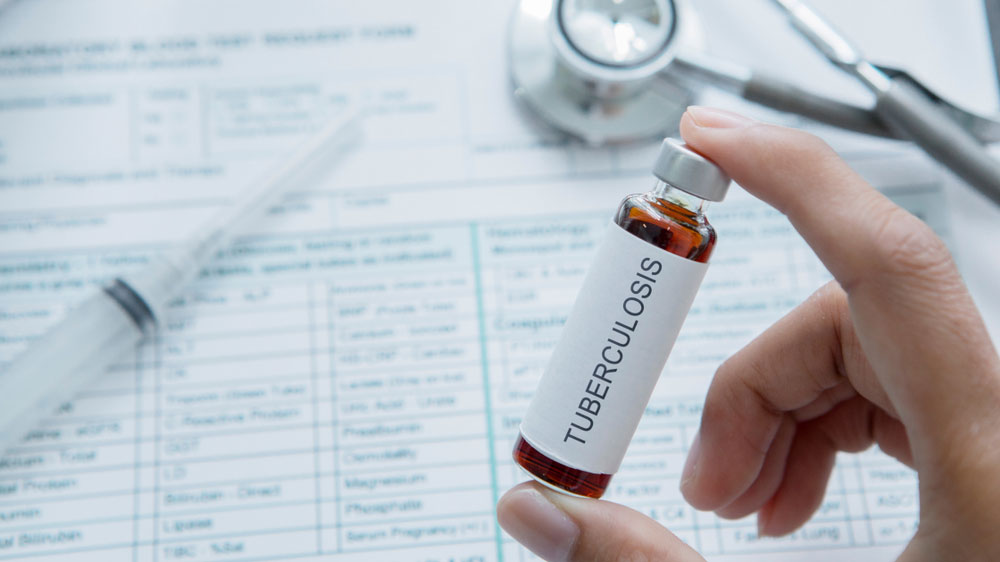Tuberculosis killed 504,000 people in India in 2020, a 13 per cent increase over the previous year, the World Health Organisation said in a report released on Thursday, flagging a global reversal of progress on TB.
India accounted for about 34 per cent of the estimated global 1.5 million tuberculosis deaths in 2020, the health agency said in its annual global TB report that has outlined how Covid-19 disrupted access to TB services in countries around the world.
“This report confirms our fears that the disruption of essential health services due to the pandemic could start to unravel years of progress against tuberculosis,” WHO director-general Tedros Adhanom Ghebreyesus said in a statement.
The number of people expected to develop and die from TB during 2021 and 2022 is expected to be even higher, the WHO said, citing model-based forecasts of how disruptions in diagnostic and treatment services in 2020 could impact future counts.
Twelve countries accounted for 93 per cent of the global reduction in registered TB cases between 2019 and 2020 with India making up 41 per cent of the global drop in notifications followed by Indonesia (14 per cent), the Philippines (12 per cent) and China (8 per cent).
The WHO report said the number of people worldwide treated for drug-resistant TB fell by 15 per cent from 177,000 in 2019 to 150,000 in 2020, or equivalent to only one in three of those in need of treatment.
In India, 42,505 drug-resistant TB patients were started on treatment during 2020, although it is estimated that around 124,000 patients were diagnosed as drug-resistant in the country during 2019.
Health experts say the difference between those numbers — the estimated drug-resistant patients diagnosed in 2019 and those who actually received treatment in 2020 — exposes the gaps in treatment services available to patients in India.
The WHO report calls on countries to put in place urgent measures to restore access to essential TB services, double investments in research and innovation and address social and economic factors that influence tuberculosis and its consequences.
Lucica Ditiu, executive director of Stop TB Partnership, an international organisation, said: “The Covid-19 pandemic combined with low political will and appallingly low levels of funding have reversed hard-fought gains in the fight against this age-old disease.”
“People are dying because we are failing to empower and support them and failing to ensure they have access to preventive therapy, diagnosis tools and treatments they need,” she said in a statement. “We are running out of time… we need speed, money, commitment today if we want to make a dent in the TB epidemic.”
An already under-funded TB response saw a dramatic fall in domestic funding across low- and middle-income countries during 2020 with less than half of the global target of $13 billion annual funding by 2022 available, Stop TB Partnership said in a statement.
Pulmonary medicine specialists in India have cautioned over the past year that Covid-19 is likely to derail India’s efforts to eliminate TB by 2025. The TB elimination target seeks to reduce India’s tuberculosis deaths from 32 per 100,000 people in 2015 to below 3 by 2025.










